KhaledSary GeneralManager WestGulfCluster

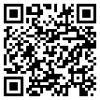
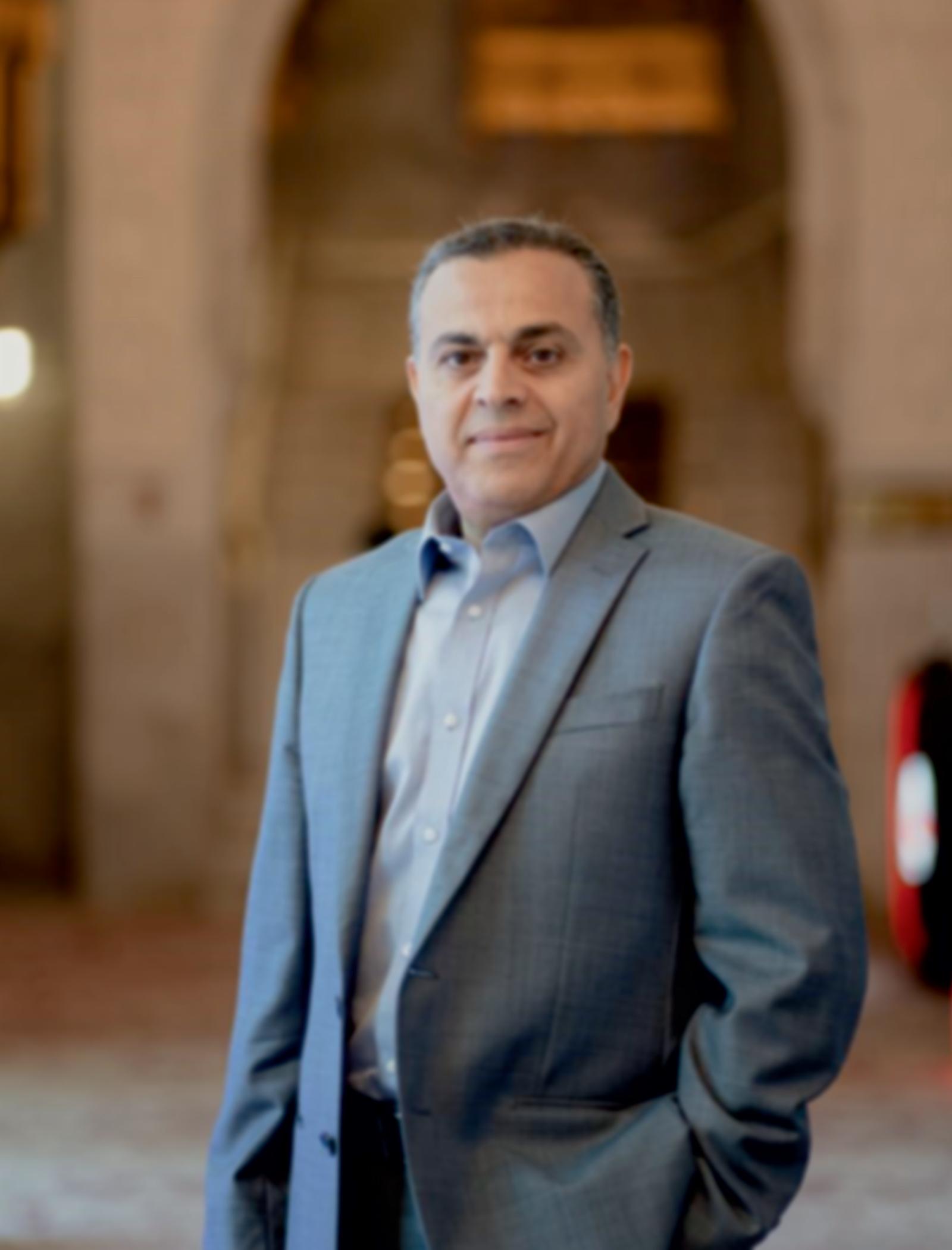
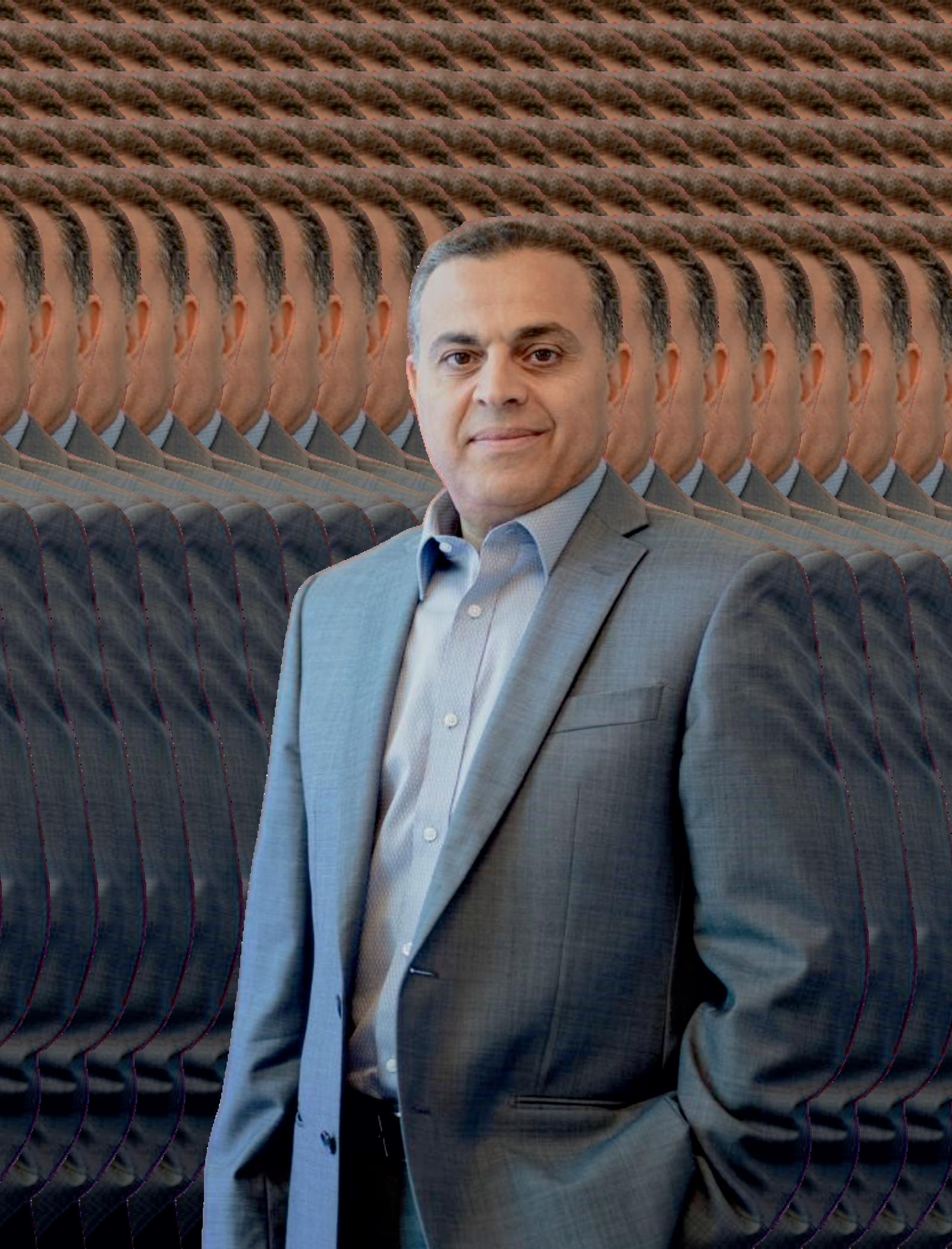
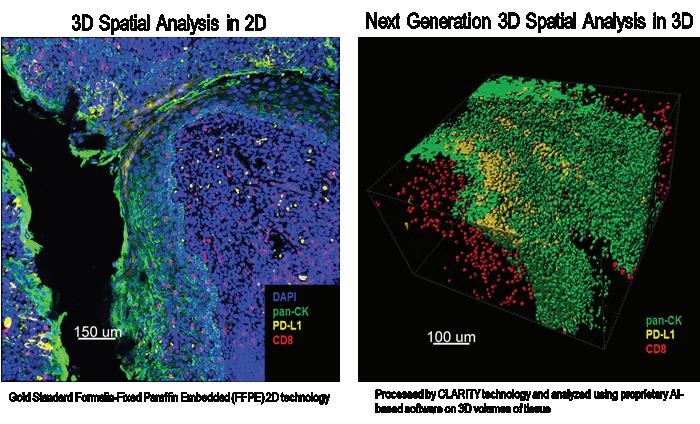
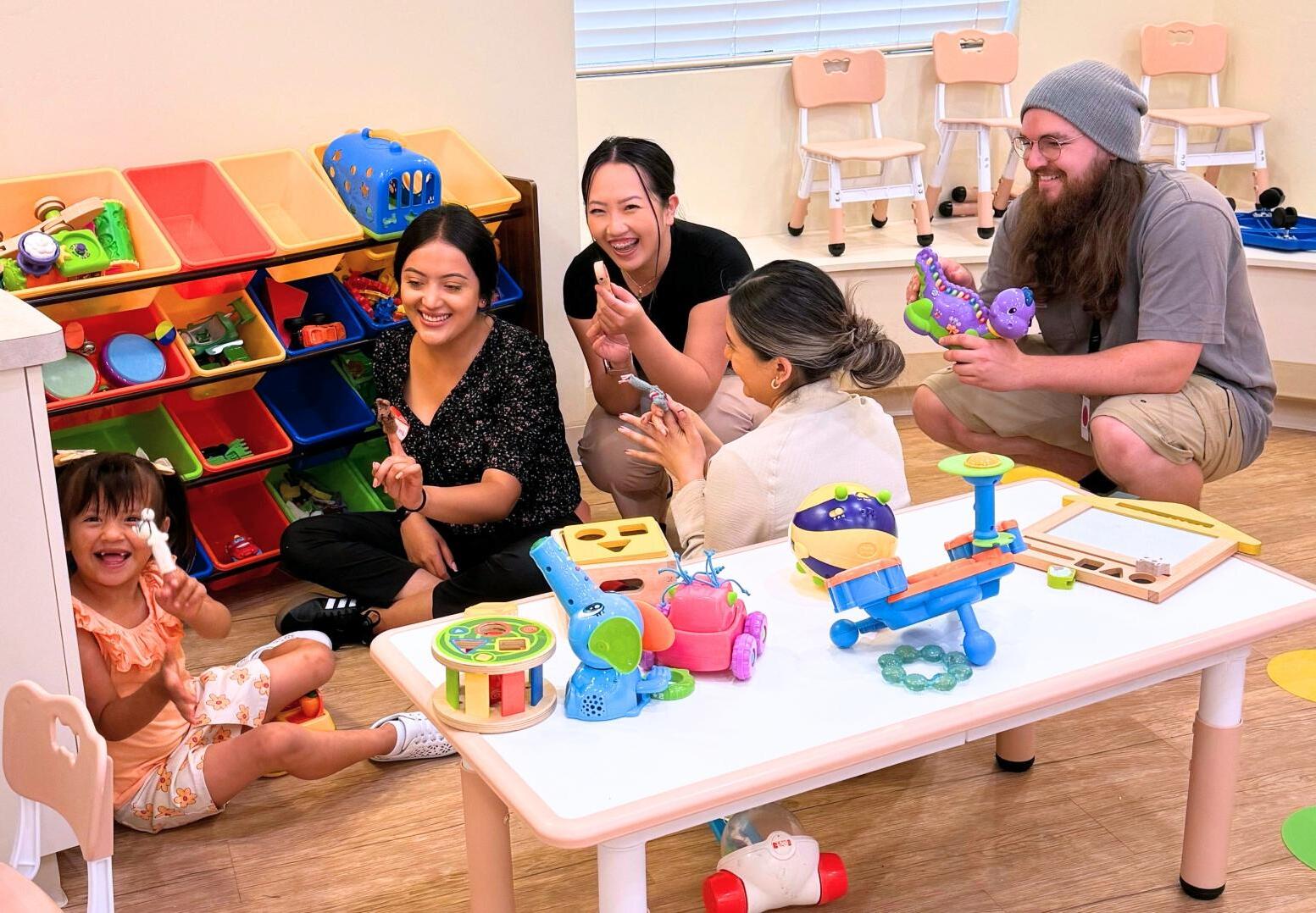

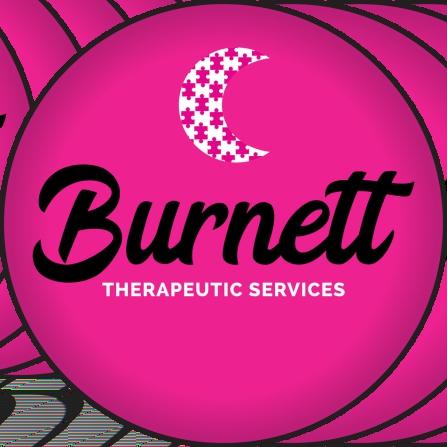

KhaledSary GeneralManager WestGulfCluster









Natalie May Nalie May
Healthcare is experiencing remarkable growth, fuelled by technological advancements while cherishing time-honoured practices. This evolving sector demands leaders who excel in agility, decisiveness, and a steadfast commitmenttoimprovinglives,addressingintricatechallengestodeliver solutionsthatenhancepatientcareandoperationalefficiency.Inourlatest issue, Trailblazers of Transformation: Middle East’s 5 Most Inspiring Leaders in Healthcare, we celebrate visionary leaders who are reshaping the region’s healthcare landscape by seamlessly integrating cutting-edge innovationswithtrustedtraditions.
Amongthesetrailblazers,KhaledSary,GeneralManagerofTakedaWest GulfCluster,exemplifiesthiswithhisstrategicvision,advancingaccessto innovativetreatmentsandcreatingprofoundcommunityimpact.Similarly, Dr.RazaSiddiqui’stransformativeworkshinesthroughhisdevelopment ofstate-of-the-artfacilities,settingnewstandardsforpatientoutcomesand operationalexcellence.
Theseleaders,alongsideothersfeaturedinthisissue,arenotjustresponding to change they are driving it From pioneering advanced medical technologiestoadvocatingforequitablehealthcareaccess,theireffortsseta globalstandardandinspirehope.Theirstorieshighlightasharedcommitment to turning challenges into opportunities, ensuring brighter, healthier futuresforall.
As editors, we are privileged to share their inspiring journeys, which underscore the power of visionary leadership. This edition invites you to explore their achievements, draw inspiration, and envision the future of healthcare in the Middle East. Join us in celebrating these remarkable individuals who are forging a path toward a transformative, healthier tomorrow.
Haveaninsightfulread!



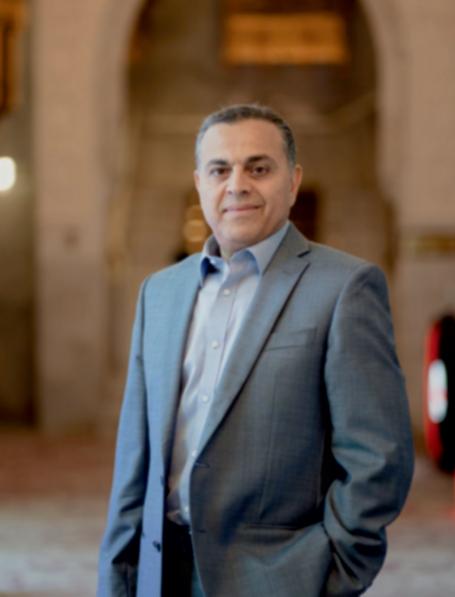
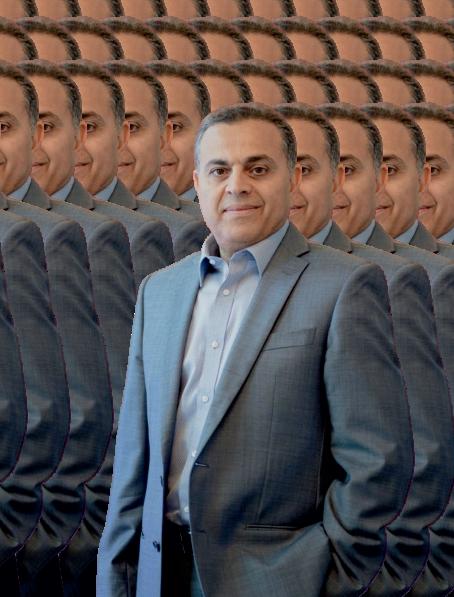



Organiza�on
Brief Featuring Person
Ayman Cheikh Lahlou CEO
Cooper Pharma cooperpharma.ma
Dr. Raza Siddiqui CEO
Khaled Sary General Manager West Gulf Cluster
Roula Halabi Senior Vice President Global Fer�lity Services
Wael Kabli CEO
Arabian Healthcare Group (RAK Hospital) rakhospital.com
Takeda Pharmaceu�cals takeda.com CooperSurgical coopersurgical.com
Ayman spearheads pharmaceu�cal advancements, focusing on quality, accessibility, and innova�on to improve healthcare outcomes across diverse markets with strategic vision.
Dr. Raza, a dis�nguished healthcare leader, drives innova�on and pa�ent-focused care, establishing advanced facili�es to enhance treatment outcomes and service delivery in the UAE.
Dr. Khaled’s leadership drives healthcare innova�on, enhancing pa�ent outcomes through dedica�on, strategic advancements, and human-centered approaches, shaping a healthier future with transforma�ve solu�ons.
Roula is a seasoned healthcare leader driving global fer�lity solu�ons, fostering innova�on, and enhancing pa�ent care through strategic partnerships and advanced reproduc�ve technologies.
Cura company.cura.healthcare
Wael leads transforma�ve healthcare ini�a�ves, emphasizing digital innova�on and pa�ent-centric solu�ons to elevate care delivery and opera�onal excellence in the industry.
KhaledSary GeneralManager
WestGulfCluster
Pharmaceuticals
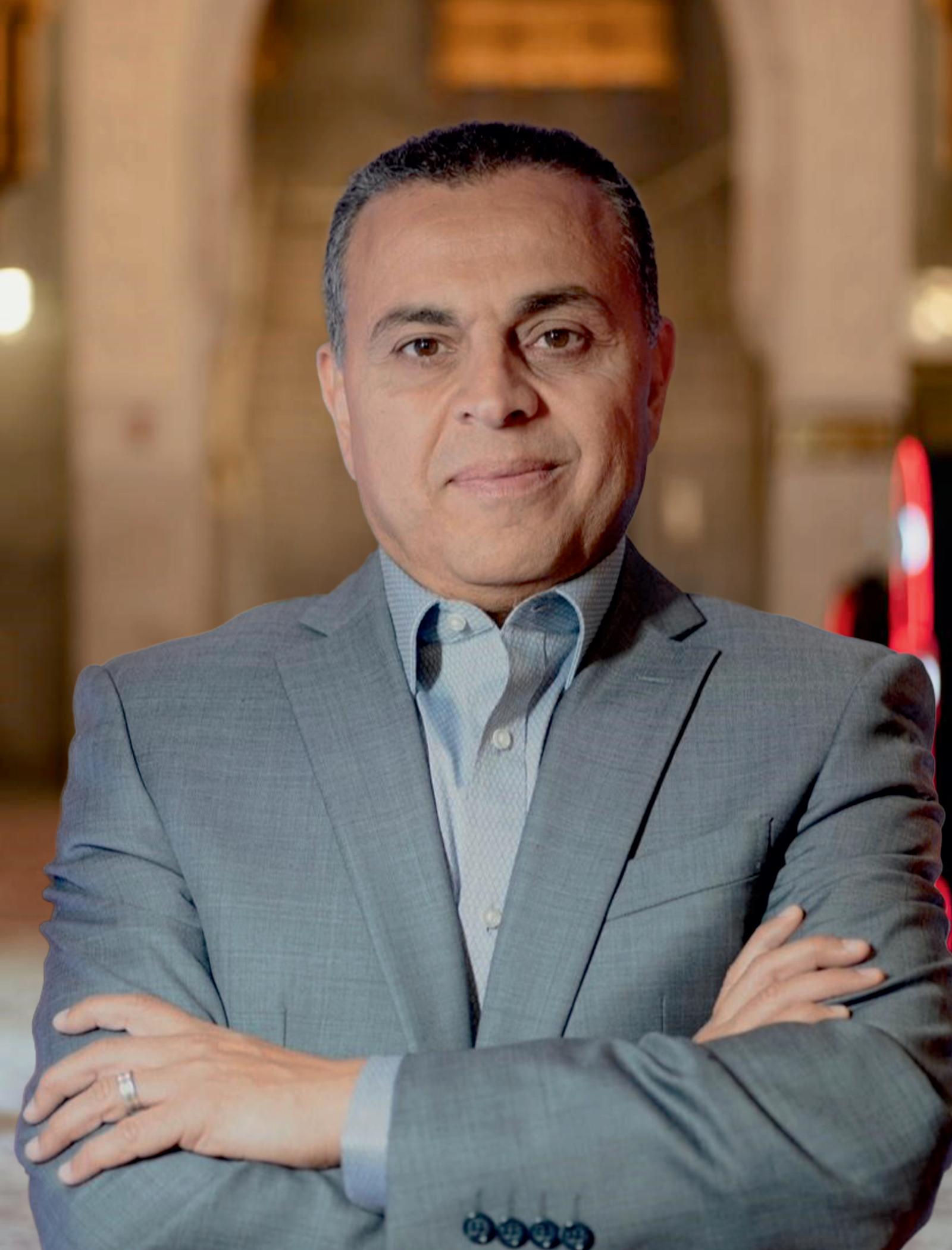
leadersareknownforlookingahead,notjustatwhatis happeningnow,butatwhatcouldhappeninthefuture. Theirabilitytotranscendthecurrentmomentempowers themtoshapefutureactionsthatyieldbetteroutcomes.In healthcare,thiskindofapproachisimportantbecausethe worldofmedicineisalwayschanging.Thepresent-day healthcareindustrydemandsleadershipthatdiscovers innovativesolutionstocreatebetterlifeconditions.
KhaledSary,theGeneralManagerofTakedaWestGulf Cluster,isoneofthoseleaders.Overseveralyearsof dedicatedservice,hehasfocusedonenhancinghealthcare delivery,achievingtransformativeoutcomesthathave positivelyimpactedbothhiscolleaguesandthepatients theyserve.Hisleadershipgoesbeyondbusinessexpansion tofosterabetterandhealthierfutureforeveryone.
Withhiscontinuousdedicationtowardshealthcareanddeep pharmaceuticalexpertise,hehasguidedTakeda’sbusiness intheMiddleEast,especiallythroughtheWestGulf Cluster Throughhisprofessionaladvancement,Dr.Sary demonstratesthevalueofcompletededicationandflexible thinkingaswellashuman-centeredapproachestomedical development.
Dr.Sary’sleadershipapproachatTakedademonstrates completededicationtoachievingbothpatientcare outcomesandorganizationalexcellence.Underhis leadership,theorganizationcontinuestoadvancethe pharmaceuticalmarketintheregionbyconducting awarenessandlearningprojectsforthetherapeuticareas, GastrointestinalandImmunology,Rarediseases,Oncology, andVaccines.
Let us explore below Khaled’s professional journey, leadership philosophy, and the impact Takeda has had under his leadership in the Middle East!
Dr.Sary’sjourneyinthepharmaceuticalindustryhasbeen nothingshortoftransformational.Itallstartedwithadeep passionforhealthcare,whichguidedhiscareerfromthe outset.Initially,hiseducationasaphysicianshapedhis earlycareer,buthisaspirationsextendedbeyondthe practiceofmedicine.Hefoundhimselfdrawntothe broaderimpacthealthcareleadershipcouldhaveonsociety
HisprofessionaljourneybeganinEgypt,wherehestarted asamedicalrepresentative.Thisroleprovidedhimwitha solidfoundationinthepharmaceuticalindustry,allowing himtograsptheintricaciesofsales,marketing,and healthcaresolutions.However,itwasin2001whenhe madeapivotalmovetoSaudiArabia,wherehiscareertruly begantotakeshape.Overtheyears,heworkedinvarious roles,includingSalesandMarketingManagerandBusiness UnitHead.Hiscontributionstotheserolesgavehim invaluableinsightsintotheregion’spharmaceuticalsector, includingtheimpactofmajormergers,suchasthatof Schering-PloughandMSD,whichreshapedtheindustry landscape.
HistimeinSaudiArabiawasmarkedbytheconstant evolutionoftheindustry,aperiodinwhichherealizedthe transformativepowerofinnovationinhealthcare.This realizationledhimtojoinTakedaPharmaceuticalsasa BusinessUnitManager,arolethatwoulddefinethenext chapterofhiscareer.“JoiningTakedawasapivotalturning point,”herecalls.“Itallowedmetocombinemymedical backgroundwithleadershipexpertisetodriveimpactful initiativesthatalignedwithTakeda’smission.”
Today,asGeneralManageroftheWestGulfCluster,Dr SaryoverseesoperationsinSaudiArabia,Qatar,Oman,and Bahrain.Hisjourneythroughvariousleadershiprolesinthe Gulfregionhasequippedhimwiththeexperienceand visionnecessarytoleadthecompany’soperationsand furtheritsmissionofdeliveringhigh-qualityhealthcare solutions.
Empowering teams to bring their best ideas forward is crucial. This approach allows us to navigate the ever evolving pharmaceutical industry while ensuring our strategies align with both local needs and global standards.
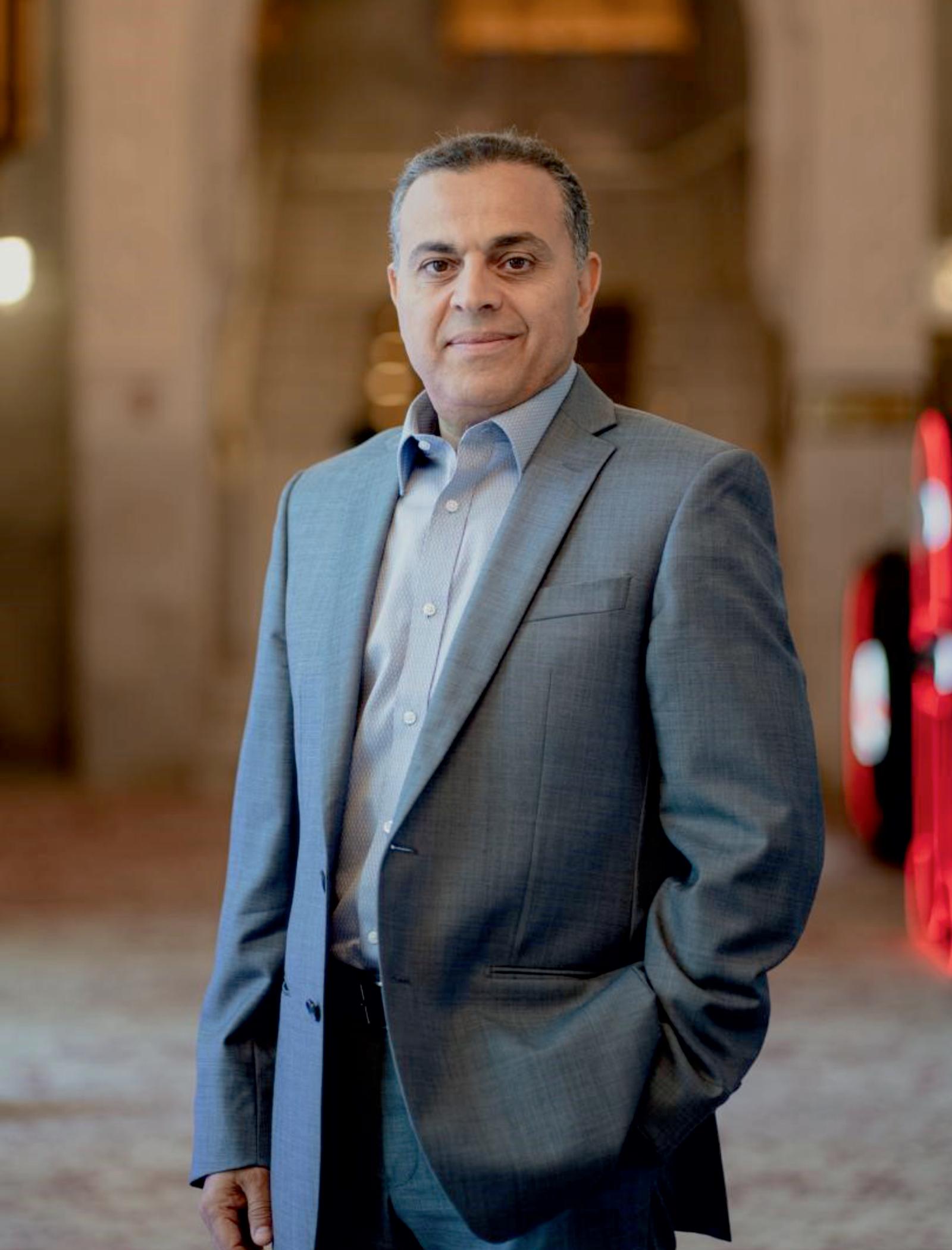
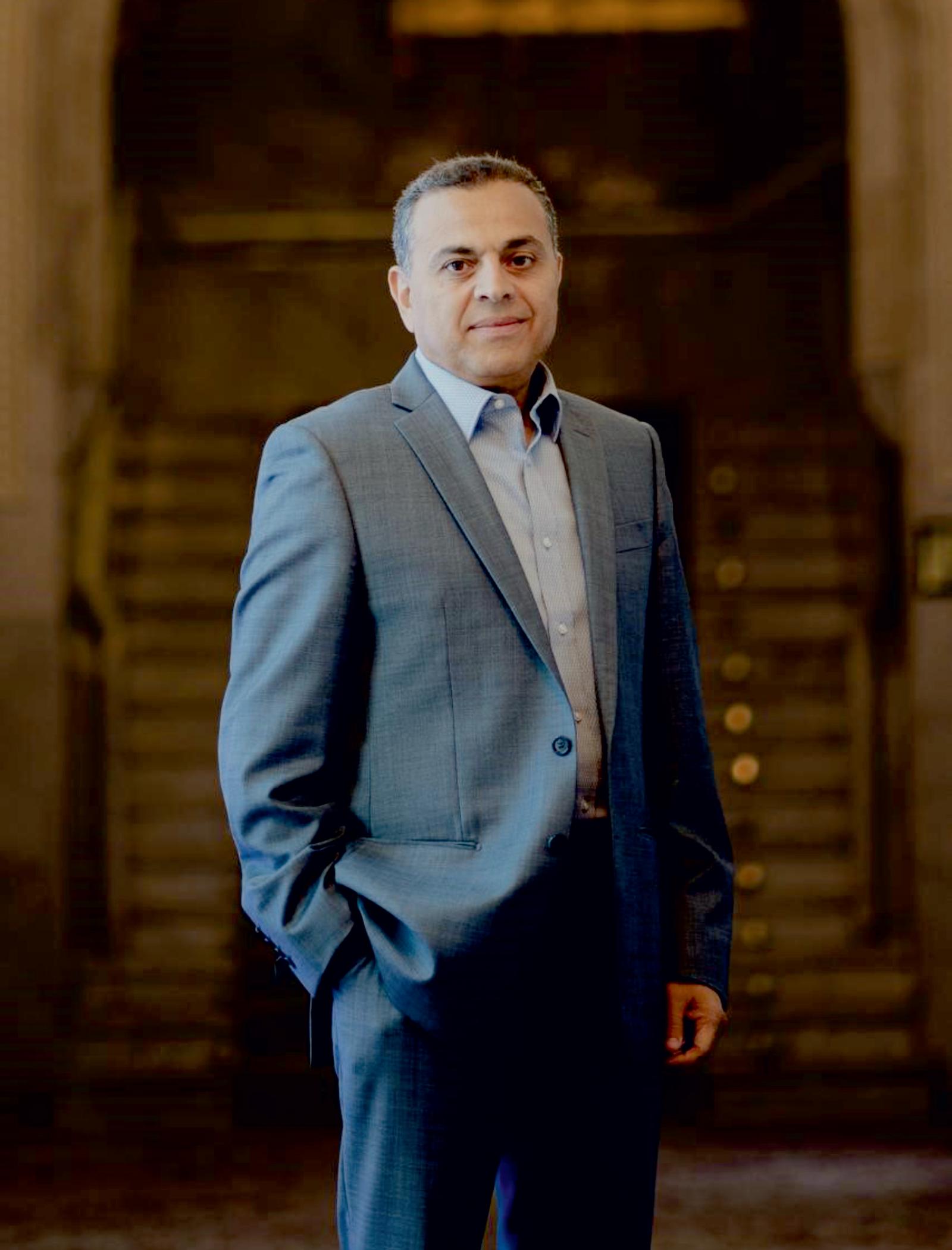
Khaled’sleadershipphilosophyisanchoredin collaboration,innovation,andapatient-firstmindset.This patient-centricapproachisintegralnotonlytoTakeda’s decision-makingframework,butalsotohispersonal philosophy.Hebelievesincreatinganenvironmentwhere ideasflourishandwherediverseperspectivesareembraced. “Empoweringteamstobringtheirbestideasforwardis crucial,”heasserts.“Thisapproachallowsustonavigate theever-evolvingpharmaceuticalindustrywhileensuring ourstrategiesalignwithbothlocalneedsandglobal standards.”
HisphilosophyhashadasignificantimpactonhowTakeda operatesintheMiddleEast.Hehasworkedtirelesslyto fosteranenvironmentoftrust,transparency,andintegrity, whichhasledtostrongpartnershipsbothwithinthe organizationandwithexternalstakeholders.Byprioritizing thesevalues,hehashelpedestablishTakedaasastrategic partnerforhealthcareauthoritiesintheregion,committed toimprovingpatientoutcomes.
Moreover,hisfocusoncollaborationextendsbeyond internalteamstoincludepartnershipswithlocalhealthcare organizations.Heunderstandstheimportanceofbuilding relationshipsthatarebuiltonmutualrespectandtrust.“Our approachtoleadershipisnotjustaboutdeliveringresults; it’saboutdeliveringresultsinawaythatiscollaborative, transparent,anddrivenbyintegrity,”heexplains.
Takeda’sRoleinTransformingHealthcareinthe Region
Takeda’sroleintransforminghealthcareintheMiddleEast isrootedinitscommitmenttoinnovativemedicinesand therapies.Underhisleadership,thecompanyismaking significantstridesinareassuchasGastrointestinaland Immunology,Rarediseases,Oncology,and Vaccines—fieldsthatarecrucialtothefutureofhealthcare
intheregion.“Weconsiderourselveskeycontributorsin enhancingaccesstolife-transformingmedicines,thereby enhancingpatientcareandoutcomes.”hestates.
AprimaryinitiativethatDr.Saryisfocusedonis strengtheningpartnershipswithlocalhealthcare organizations.Byworkingcloselywiththesestakeholders, Takedaaimstoimprovepatientaccessandcaredelivery acrossvarioustherapeuticareas.“Collaboratingclosely withhealthcareauthoritiesiscentraltoourmission.We recognizethatinnovationinhealthcarecomesfromstrong partnershipsthatenhancetimelydiagnosesandmore effectivetreatmentstrategies.Byworkingtogether,wecan drivetransformativechangeandimproveoutcomesfor patientseverywhere.”Hesaid.
Inadditiontothesepartnerships,theorganizationisalso investingheavilyineducationalprograms.Khaled’steam hasdevelopedinitiativestoraiseawarenessand understandingofcomplexdiseases,furtheringitsmissionof patient-centriccare.Digitalhealthisanotherkeyareaof focus.Byintegratingdigitaltechnologiesintohealthcare delivery,Takedaisenhancingpatientengagementand streamliningoperations.“Digitalhealthisapowerfultool,” hesays.“Itallowsustoeffectivelyconnectwithour patientsinfasterandnovelwaysandimprovetheoverall patientexperience.”
ThehealthcarelandscapeintheMiddleEastisevolving rapidly,presentingbothchallengesandopportunitiesfor companieslikeTakeda.Oneofthebiggestchallengeshe seesisensuringthatadvancedhealthcaresolutionsare accessibleacrosstheregion’sdiverseregulatoryand economiclandscapes.“Theregulatoryenvironmentvaries greatlyfromcountrytocountry,”heexplains.“Navigating thesedifferencesrequiresstrategiccollaborationwith governmentalentities,healthcareproviders,and pharmaceuticalcompanies.”
Digital health is a powerful tool. It allows us to effectively connect with our patients in faster and novel ways and improve the overall patient experience.
Atthesametime,Dr.Saryviewsthesechallengesas opportunitiesforgrowthandinnovation.Thecompany’s abilitytoadapttothesevariedlandscapeshasallowedthe companytomakesignificantstridesinimprovingpatient accesstocutting-edgetreatments.Healsoseesdigital transformationasanareaofgreatopportunity.“Embracing digitaltransformationisnotjustaboutimproving operations—it’saboutimprovingthewayhealthcareis delivered,”hesays.“Digitalhealthsolutionsallowusto engagewithpatientsinmorepersonalizedandefficient ways.”
KhaledisproudofthetransformationthatTakedaisdriving toimprovepatientcare.Onekeyareaoffocusisthe developmentofinnovativetherapiesinGastrointestinaland Immunology,RareDiseases,OncologyandVaccines.“We arecommittedtodrivinginnovationinthesechallenging therapeuticareas,whichremainacorefocusofourpurpose inadvancinghealthcareintheregion.”hesaid.
Inadditiontotheseresearchanddevelopmentefforts,the companyisintegratingdigitalhealthtechnologiesto enhancepatientengagement.“Byusingdigitaltools,we canoffermorepersonalizedhealthcareexperiences,”he explains.“Thisintegrationoftechnologyallowsusto bridgegapsinhealthcareaccessandimprovepatient outcomes.”
Khaledreflectsonseveralkeymilestonesduringhistenure atTakeda,withoneofthemostsignificantbeingthe transformationofitsapproachtopatientengagement throughthelaunchofseveralimpactfulevents. “IntroducingdifferentiatedplatformslikeIBDAware,HAE Summit,andIBDNexushasbeenadefiningachievement,” heshared.“Theseeventshavecreatedvitalplatformsfor dialogueandcollaborationamonghealthcareexperts, patientgroups,andkeystakeholders.”
Theseeventshavenotonlyelevatedawarenessincritical therapeuticareassuchasinflammatoryboweldisease(IBD) andhereditaryangioedema(HAE),buttheyhavealso helpedfostercollaborationamongvarioushealthcare professionals.HeisalsoproudoftheopeningofTakeda’s RegionalHeadquartersinRiyadh,whichrepresentsa strategicstepinexpandingitspresenceintheregion.“This newhubisatestamenttoourcommitmenttolong-term partnershipsandourvisionofstrengtheningregional integration,”hesays.
ForDr.Sary,thebalancebetweencorporatesuccessand patientwell-beingisthefoundationofhisleadership approach.“Ourgrowthstrategyisalignedwiththeneedto deliverlife-transformingmedicinesmeetingeffectively withthepatientneeds,”heexplains.Theorganization’s approachtocorporategrowthisrootedinsustainability, ensuringthatbusinesssuccessisintertwinedwithapositive impactonsociety.
TakedaWestGulf’scommitmenttoexpandinghealthcare accessinunderservedareasisakeyexampleofhowthe companybalancesthesetwoobjectives.“Businessgrowth isimportant,butitmustalwaysberootedinsocietalvalue,” heemphasizes.Throughpatientsupportprogramsand collaborationswithhealthcareprofessionals,Takedais makinganimpactinthelivesofpatientswhoareafflicted withIBD,HAEandCancer.
Khaled’sadvicetoaspiringhealthcareleadersissimpleyet powerful:“Alwaysstaycuriousandneverstoplearning.” Hebelievesthatthemostsuccessfulleadersarethosewho arecontinuouslyexploringnewwaystoimprovepatient care,beitthroughtechnologicaladvancementsor innovativetreatmentstrategies.“Thehealthcareindustryis dynamicandever-evolving,andtheabilitytoadaptand innovateiscrucial,”headvises.
Healsostressestheimportanceofcollaborationand empathyinleadership.“Tomakeadifference,youneedto workwithothersandunderstandtheirperspectives,”he shares.“Theabilitytolisten,learn,andactwithintegrity willsetyouapartinthisindustry.”
AshecontinuestoleadTakedaPharmaceuticalsintheWest Gulfregion,hisvisionforthefutureremainsclear:toshape ahealthcarelandscapethatisinnovative,patient-centric, andtransformative.Hisleadershipisaninspiringexample ofhowoneindividualcanmakealastingimpactonthe livesofpatientsandthebroaderhealthcareindustry.
C-ANPROM/SA/CORP/0022 | Date of Produc�on: 6 May 2025 | Date of Expiry: 6 May 2027



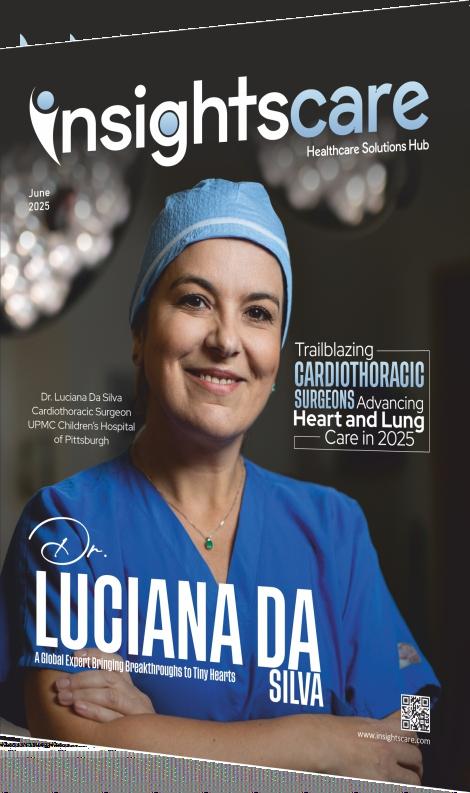
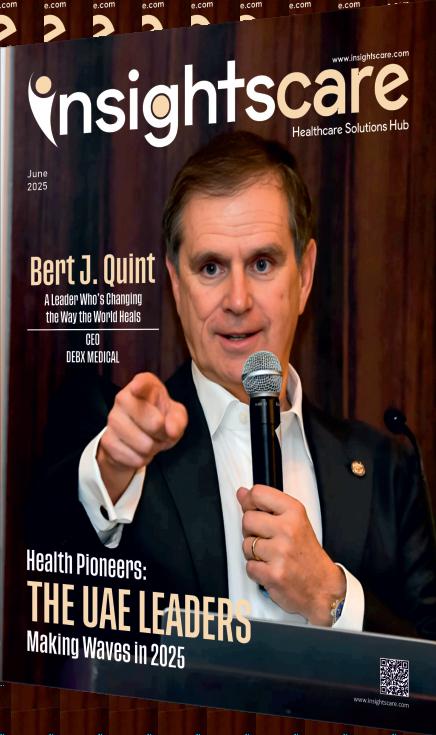
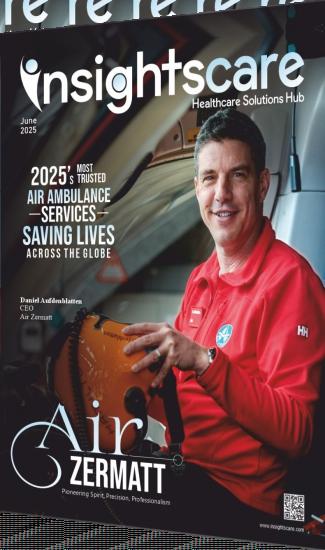
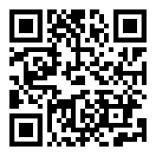
www.insightscaremagazine.com
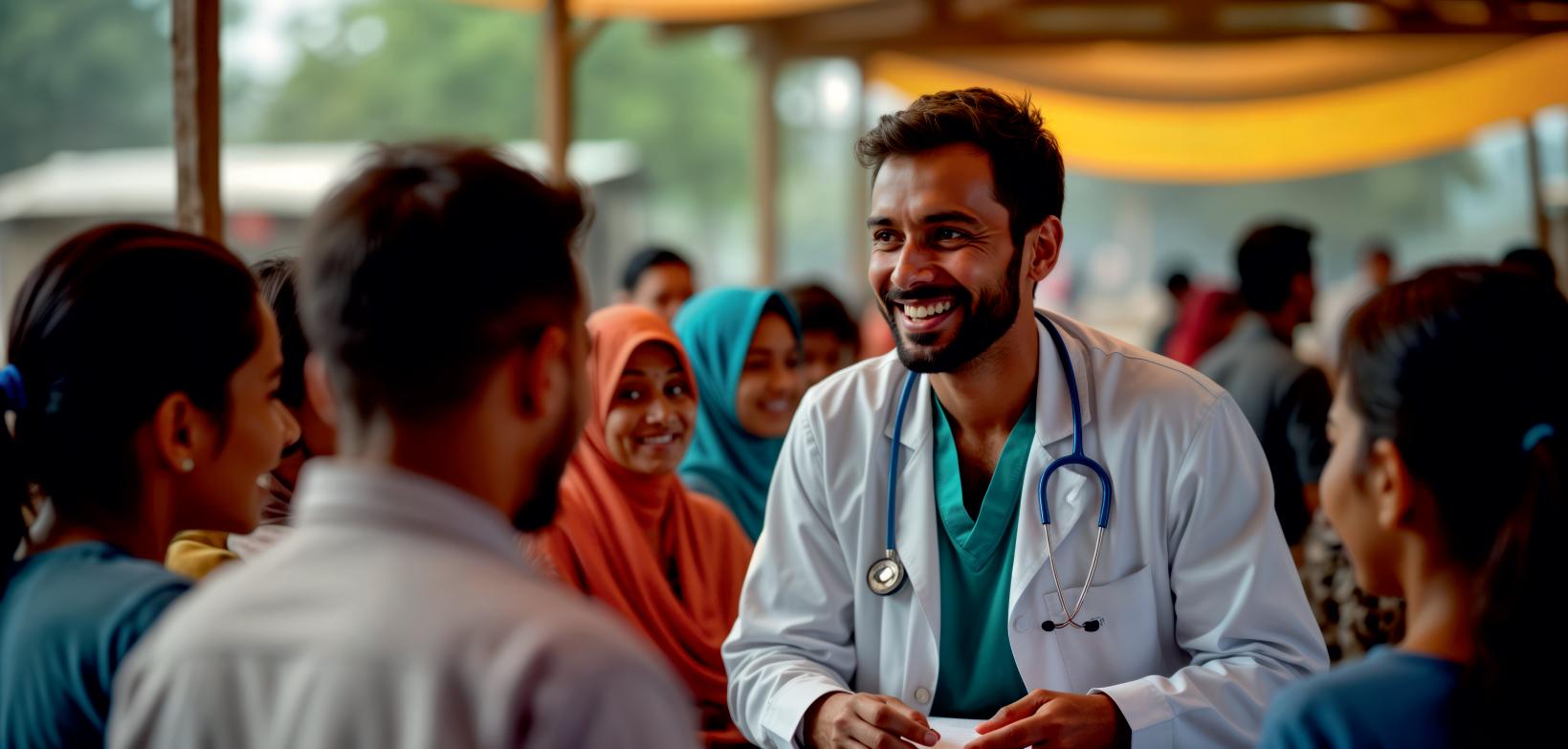
Middle East health inequalities are a persistent problem,withlargedisparitiesinaccess,quality, and outcomes between nations and within populations. Middle East health inequalities result from a complex interplay of socioeconomic, political, and cultural factors, along with current conflicts, economic uncertainty, and rapid demographic changes Solutions rely on an integrated strategy involving policy reforms, technological innovations,andcivilsocietyaction.
This article discusses the main issues leading to healthcare disparities in the Middle East and suggests practical solutionstonarrowthegap.
1.EconomicInequalityandResourceAllocation
TheMiddleEastistheregionofextremeeconomicinequality, and on the one hand, the wealthy Gulf Cooperation Council (GCC) states such as Qatar and the UAE coexist with poor statessuchasYemenandIraq.Inwealthierstates,urbanareas are likely to have a well-developed healthcare infrastructure
and the latest technologies whereas rural populations are deprivedofthem.Inpoorcountries,therearebadhealthcare centers,shortageofgooddoctorsandbadaccessibilitytolifesavingdrugs.
2.ConflictandPoliticalInstability
Syria,Yemen, and Iraq are the places of extreme healthcare issues. Hospitals have been destroyed, supply chains disrupted,andmedicalpersonneldisplaced,denyingmillions ofbasicservices.Lackofpoliticalstabilityisalsoasetbackto long-term planning of health care as well as international coordinationofrelieftoperpetuatedisparitiesbetweenstable andconflictregions.
3.CulturalandSocialBarriers
Healthcareaccessisgreatlyinfluencedbyculturalnormsand genderaspects.WomenincertainpartsoftheMiddleEastare notallowedtomovefreelyormakedecisions,andthuscannot consult medical care. To illustrate, in conservative regions, womencanbeatriskoflosingmaleprotectioninordertoseek medical assistance, which postpones necessary treatment.
Mental health stigma and chronic illness stigma such as HIV/AIDSalsolowersthedesireofpeopletoseektreatment especiallyinruralortraditionalsocieties.
The area is also short of experienced health workers, especiallyinruralandunderservedregions.GCCstateshiretalent using competitive pay, but other countries lose medical doctors and nurses because they are paid too little and have badworkingconditions.Trainingprogramsalsodonotcater to the needs of heterogeneous populations, such as refugee treatment or management of non-communicable diseases, whichisincreasingwithchangesinlifestyle.
Although a few Middle Eastern nations have advanced medical centers, others do not have minimal infrastructure suchaselectricityorcleanwaterinthehospitals.Disparities are further intensified due to the digital divide with limited telemedicine or electronic health records in rural settings. Eveninrichercountries,technologyadoptionisunequalwith private hospitals leading over public ones in digital health solutions.
SolutionstoFilltheGap
EnhancingPublicHealthSystems
Governments need to invest in public health to cut the dependenceonexpensiveprivatecare.Thisentailsaugmenting public hospital funding, broadening insurance coverage, and cross-subsidizing low-income individuals. Jordan's strategyofofferinghealthcaretorefugeesundercollaboration with international bodies such as UNHCR can be replicated acrosstheregion.InGCCnations,redirectionoffundstorural areas and harmonization of care quality between urban and ruralcenterscanbridgeintra-countrygaps.
2.UtilizationofTechnologyandTelemedicine
Telemedicinepresentsalow-costinterventiontoextendreach todistantandunderservedpopulations.Virtualconsultations and mobile health applications can fill the gap in weakly developed areas. The UAE's "Doximity-like" online platforms, for instance, link patients with specialists remotely, somethingthatcouldbereplicatedinpoorernationswiththe helpofinternationaldonors.Investmentindigitalliteracyand broadband infrastructure is paramount to make these technologiesuniversallyaccessible.
Inordertomeetshortages,governmentsanduniversitiesmust increase medical training programs designed to meet local needs, including professional incentives to work in underserved settings Scholarships and forgiveness of educational loans can attract doctors and nurses to rural or conflict areas. International medical school partnerships can also improve training quality, as evidenced by Qatar's partnershipwithWeillCornellMedicine.
Healthprofessionalsneedtrainingonculturalcompetencyto respondtothevariedneedsofpatients,especiallywomenand minorities. Community health workers can be important agents in educating communities about preventive care and destigmatization of sensitive topics such as mental illness. Policies supporting gender equity, like mobile clinics for women in conservative regions, enhance access without underminingculturalvalues.
Inter-governmental institutions and successful Middle Easterncountriescaninvestinthedevelopmentofhealthcare inwarzonesanddevelopingcountries.NGOsandtheWHO canfacilitatetheexchangeofknowledge,supplychains,and infrastructure rebuilding Saudi Arabian humanitarian assistancetoYemen,forinstance,couldbedirectinvestments in reconstruction in healthcare using sustainable systems ratherthanrelief.
Conclusion
MitigatinghealthcaredisparitiesintheMiddleEastshouldbe comprehensiveandbetackledonaneconomic,cultural,and infrastructural level. The region can advance on the path to equal access to high-quality care by developing infrastructuresinthesphereofpublichealthcare,usingtechnology,and promoting international collaboration. The task is daunting, but solutions directed at the issue and based on local understandingandinternationalpartnershipshaveenoughpromise of a solution. Health care should also be accessible to all individuals,nomatterwheretheyliveorwhattheireconomic backgroundis,asitisapolicygoalaswellasamoralnecessitytowardahealthierandmoreunifiedMiddleEast.
-Pearl Shaw
TrailblazersofTransformation:MiddleEast's5MostInspiringLeadersinHealthcare
Thehealthcareindustrydemandsvisionaryleaders withunwaveringdedicationandcommitmentto providingpatient-focusedcare.Theystriveto improveandimplementnewapproachesthatenable enhancementsintreatmentoutcomesandpatientscarewith apthealthcareservicedelivery.
ThisishowDr.RazaSiddiquistandsoutasa distinguishedleaderwhohasbeenservingthehealthcare industryandhasestablishedstate-of-the-artfacilitiesto improvepatientoutcomes.Dr.RazaSiddiquiistheCEOof ArabianHealthcareGroup,whichhasRAKHospitalas itsflagshipbrand.Hehasprovenhimselfasoneofthemost renownednamesinthehealthcareandhospitalitysectorin theUAE.
Dr.Siddiquistartedhisprofessionaljourneyasa ManagementTraineeatLupinLaboratoriesLimited,a steppingstonethatledhimtofurtherheightsatRanbaxy Laboratories,aprominentnameamongIndia’stop-tier pharmaceuticalfirms.HealsoservedastheHeadof CorporateCommunications/AffairsandStrategicPlanning forIndraprasthaApolloHospital,NewDelhi.Hehada significantprofessionaltenureatETAStarHealthbeforehe joinedtheArabianHealthcareGroup.
Hisjourneyfromamanagementtraineetoahighly respectedleaderinthehealthcareindustryisaninspiring taleofresilience,compassionandprofessionalism. Below are highlights from our insightful interaction with Dr. Siddiqui.
Briefusaboutyourselfandshedsomelightonyour journeytowardsbecomingapartofArabianHealthcare Group(RAKHospital)?
AfteraremarkablysuccessfultenureatApolloHospitalsin India,Iembarkedonanewchapterin1998bymovingto theUAE.Mymissionwastwofold:tochampionIndiaasa hubformedicaltourismandtoestablishthefirst-ever ApolloHospitalbeyondIndianborders.Thisendeavor turnedouttobearesoundingsuccessasIpioneeredthe establishmentofinternationalpatientnavigationcenters, facilitatingtertiaryandquaternarycaretreatmentfora multitudeofpatientsfromtheregioninIndia.
In2004,asignificantturningpointoccurredwhenIhadthe privilegeofmeetingHisHighnessSheikhSaudBinSaqrAl Qasimi,MemberoftheSupremeCounciloftheUAEand RulerofRasAlKhaimah.HisHighnesssharedhis visionarygoalofshowcasingRasAlKhaimahasaglobally recognizedTourism,Industrial,andInvestmentdestination. Entrustingmewiththepivotaltaskofcreatingaworldclasshealthcarefacilitythatwouldcontributetopositioning theemirateasamedicaltourismhotspot,Itookonthe challengetoestablishRAKHospital,apremierhealthcare institution.
WhatrolesandoperationsdoyouplaydailyatRAK Hospital?Howdotheycontributetodeliveringthetype ofservicethatclientsneed?
Myroleisprimarilystrategic.WhileImaynotbedirectly involvedintheoperationalminutiae,myroleispivotalin
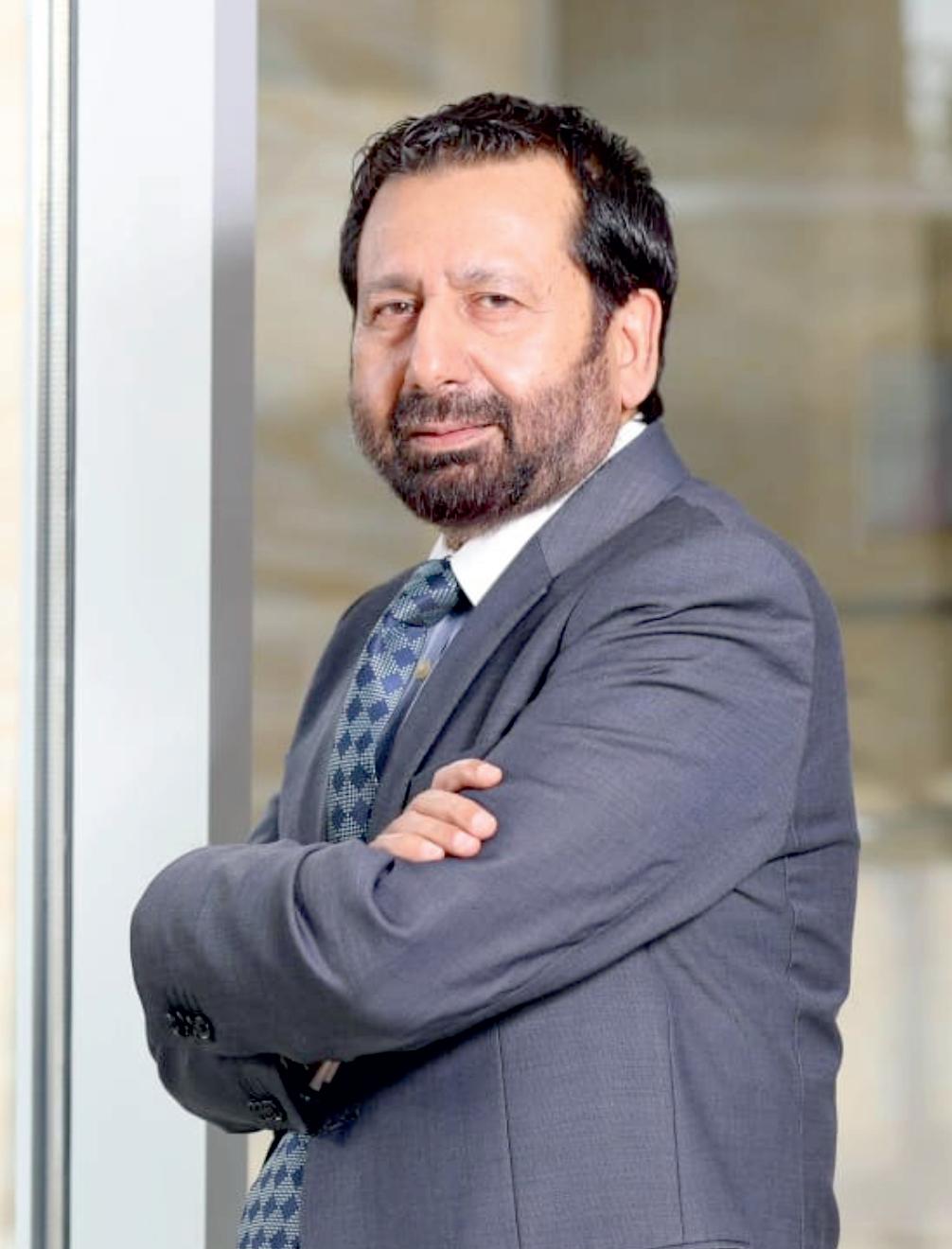
shapingthehospital’soverarchingstrategy.Astheheadof theinstitution,Ifocusonensuringthatthehospital functionslikeawell-oiledmachine,alignedwithourcore valuesandcommitmenttopatientcare.
Myinvolvementtricklesdowntoeveryfacetofthe hospital’soperations.Bymaintainingastrategicview,I guideourleadershipteamindecision-making,ensuringthat itresonateswithourpatient-centricapproach.Thistopdownalignmenthelpsusprioritizeinitiativesthatenhance patientexperiences,streamlineprocesses,andkeepupwith industryadvancements.Furthermore,Iencourageaculture ofinnovationandcontinuousimprovement.Byfosteringan environmentwherenewideasarewelcomed,andteamwork isnurtured.
WhatsetsRAKHospitalapartfromotherhealthcare facilitiesintheregion?
Establishedin2007,thehospital'sfoundationwasrootedin deliveringtop-tierhealthcareservicestoRasAlKhaimah andbeyond.Guidedbythevaluesof"PatientsFirst, Integrity,Compassion&Readiness.”Whattrulysetsus apartontheglobalstageisourblendofcutting-edge technologyandexceptionalmedicalexpertise,allwhile maintainingaffordability.Wehaveupheldthiscommitment overtheyears,pioneeringinnovativehealthcareprocedures andhostinginternationallyrespectedmedicalprofessionals whohavesignificantlycontributedtoourgrowing reputation.
Inessence,RAKHospital'sexceptionalcombinationof expertise,compassionatecare,andtechnological advancementunderscoresourpositionasaleaderin healthcare,distinguishedbyourrelentlesspursuitof excellenceandpatientwell-being.
Couldyoudiscussanyrecentadvancementsor innovativetreatmentsyouofferatRAKHospital?
Certainly,RAKHospitalisattheforefrontofinnovation andhasintroducedseveralgroundbreakingadvancements andtreatmentstoenhancepatientcareandwell-being.Here aresomerecenthighlights:
CollaborationwithCommonSpiritHealth:Thisassociation aimstoprovideanevenwiderrangeofadvancedmedical servicestothecommunity.
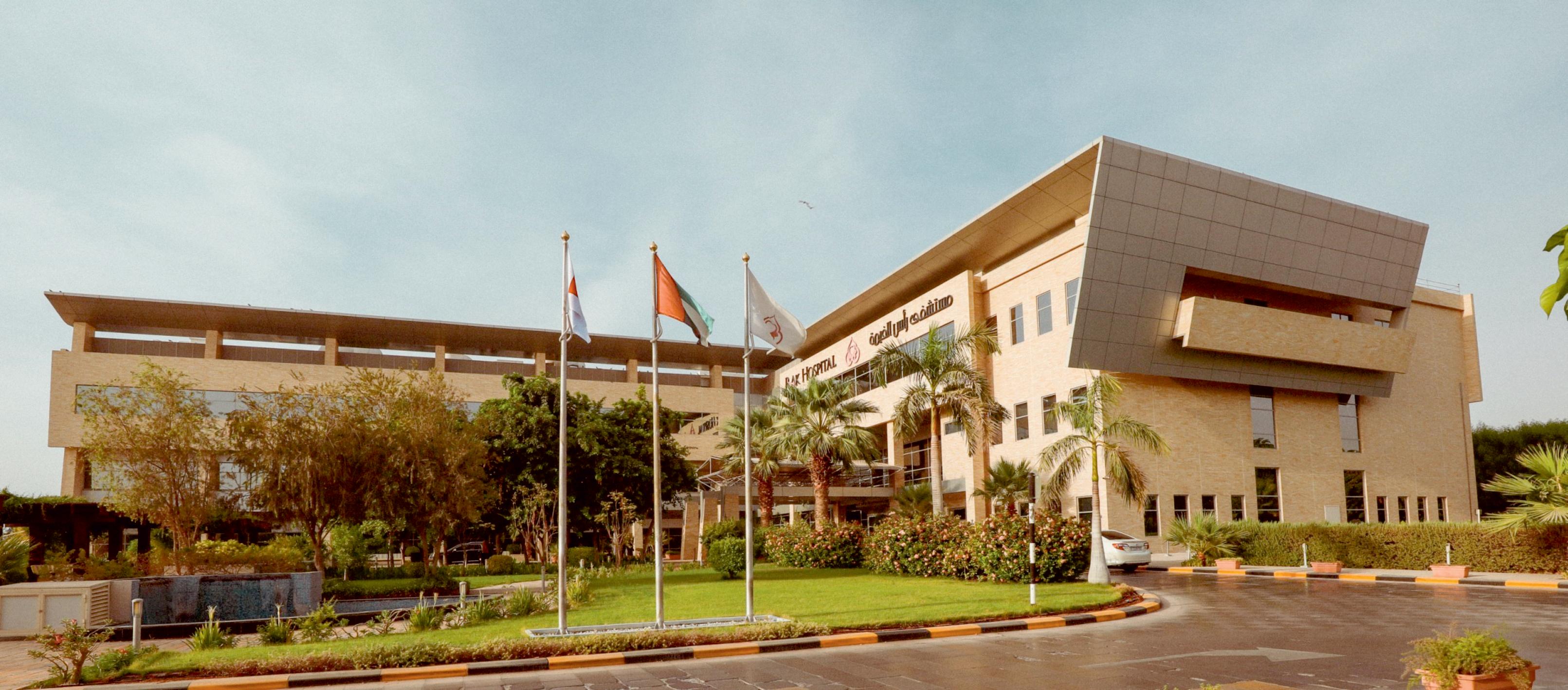
PartnershipwithSmileTrain:RAKHospitaljoinedhands withSmileTraintoextendfreecleftlipandpalatesurgeries tochildrenacrosstheMiddleEastandtheUAE.
GenomicAncestryProgram(AncestryDNATesting):The hospitallaunchedacutting-edgeGenomicAncestry Program,offeringAncestryDNATestingthroughNext GenerationSequencing.
RAKBiggestWeightLoserChallenge:RAKHospital initiatedthe“RAKBiggestWeightLoserChallenge”in associationwiththeMinistryofHealth.
I focus on ensuring that the hospital func�ons like a well-oiled machine, aligned with our core values and commitment to pa�ent care.
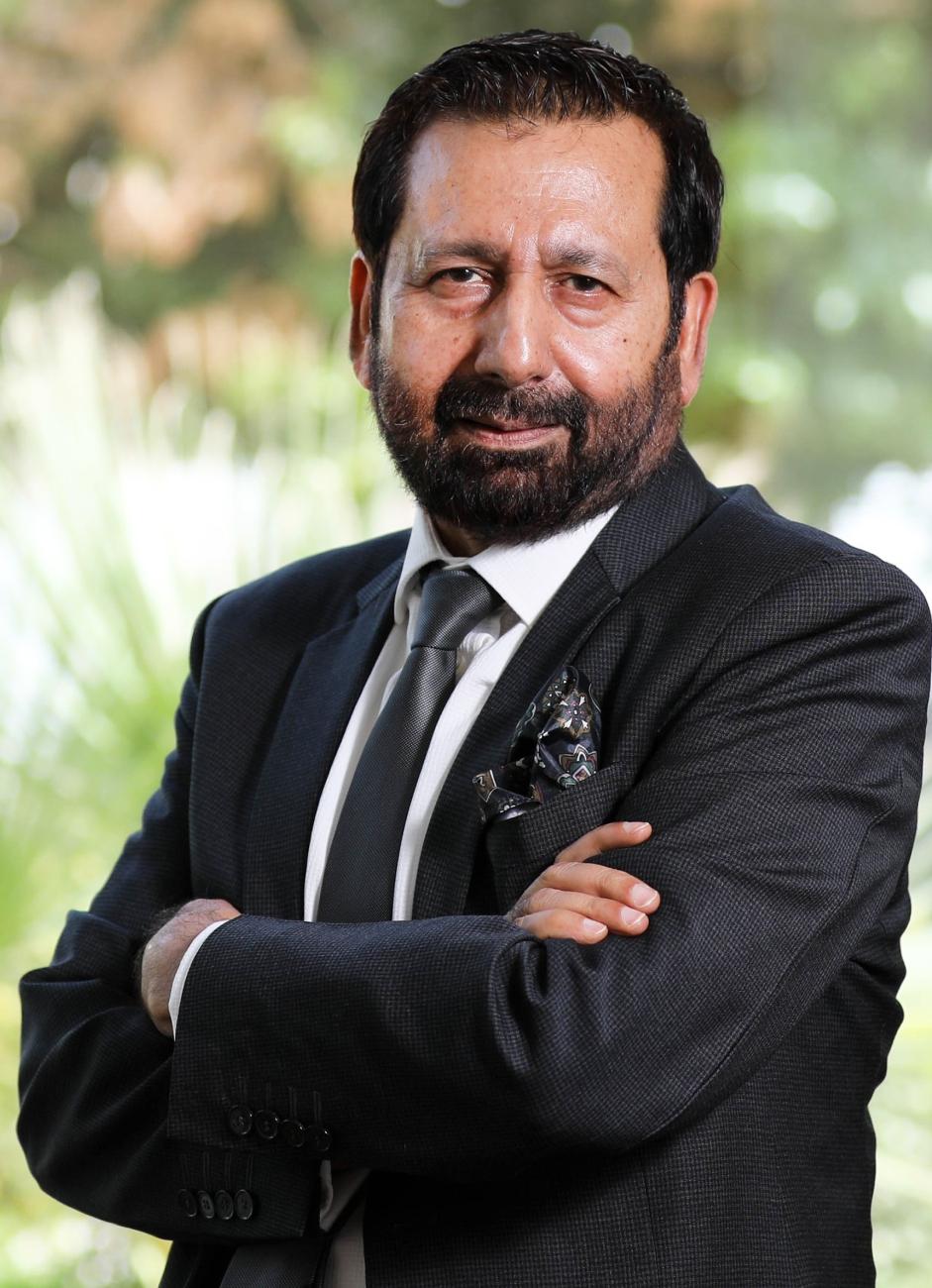

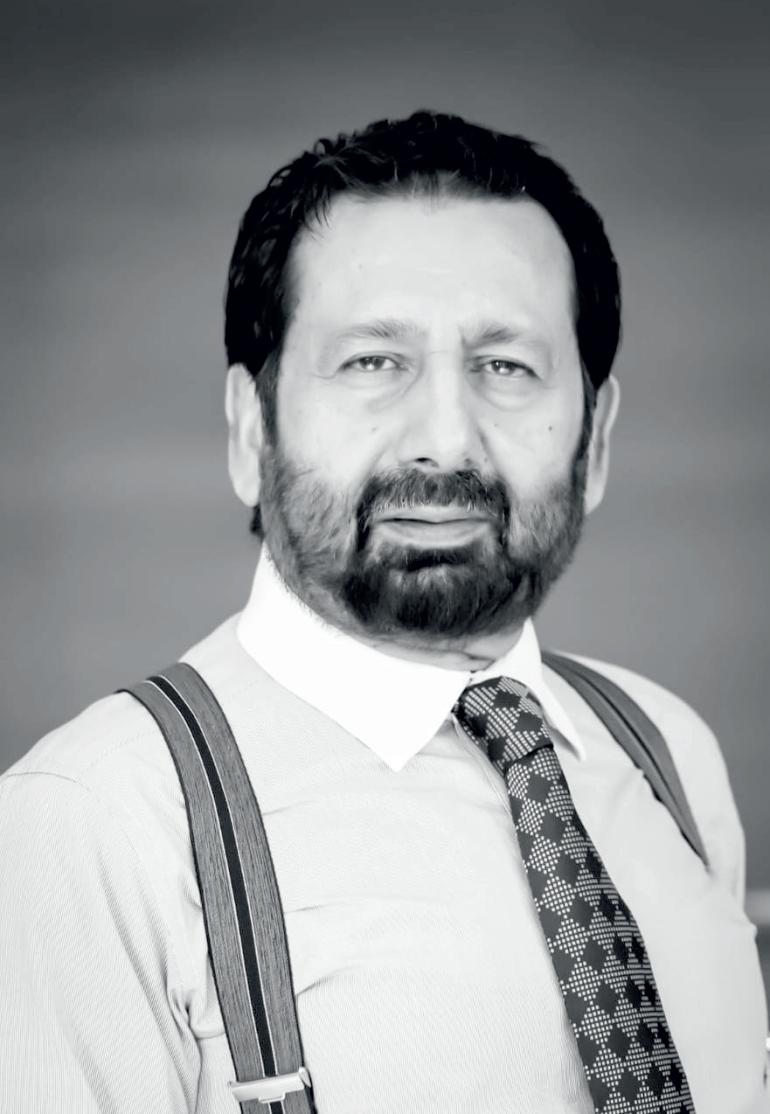
RAKDiabetesChallenge:Anothercommunityinitiativethroughthistransformative3-month-longcommunity initiativelaunchedincollaborationwithMOHAP-RAK (MinistryofHealthandPrevention-RasAlKhaimah), RAKHospitalaimstofoster,guide,andempowerthe communityinembracingcruciallifestylechanges, particularlyemphasizingthesignificanceofdietary adjustmentsandregularexerciseineffectivelymanaging andevenreversingdiabetes.
World-renownedcardiacsurgeononOnboardand strengtheningthecardiacteam:Thisadditionstrengthens thehospital’scardiaccarecapabilitiesalongwiththe additionofafewmorecardiacsurgeonsenhancingthe arrayofservices.
Thehospital’scontinuouseffortstopioneernewtreatments andenhancepatientexperiencesexemplifyitspositionasa leadinghealthcareinstitutionintheregion.
WhatmeasuresdoesRAKHospitaltaketoensurea comfortableandwelcomingenvironmentforpatients?
RAKHospitalensuresawelcomingenvironmentby combiningasceniclocationinRasAlKhaimahwitha patient-centricdesign.Thehospital'spicturesquesetting againsttheHajarMountainsfostersasoothingatmosphere forhealing.Itoffersuniqueamenitiessuchasspa treatments,in-roomdining,andcomplimentaryWi-Fito enhancecomfort.
Exclusiveserviceslikebellboyassistance,amultilingual conciergedesk,andcomplimentarylimousineservices furtherprioritizepatientwell-being.RAKHospitalgoes beyondmedicalcare,strivingtoprovideaholisticand welcomingpatientexperience.
Whataresomeofthechallengesyoufacewhen conductingoperationsandhowdoyouturntheminto opportunitiesforgrowth?
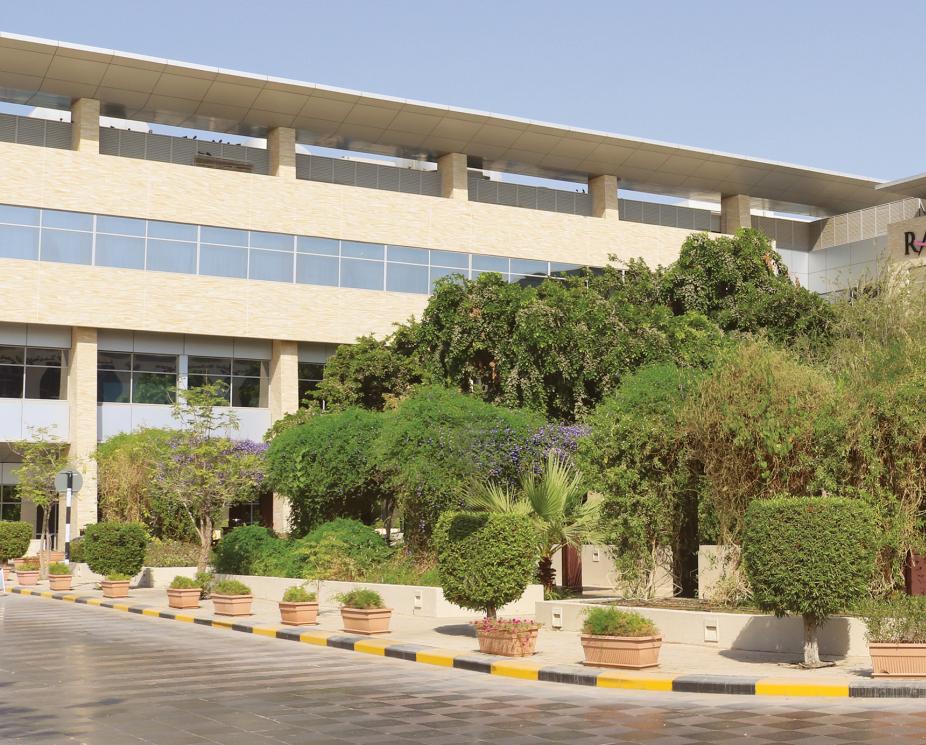
Intherealmofhealthcareoperations,wefaceseveral challengesthatwe'veturnedintoopportunitiesforgrowth. Onesignificantchallengewasacquiringqualitymedical professionals.Attractingtop-tierdoctorswhenwelacked quantitywastough.Toaddressthis,westimulateddomestic demandbyofferingopportunitiesinrelatedspecialties. Simultaneously,wetappedinternationalmarketsforhighendcases.Thisapproachbuilttheirreputationand graduallyincreasedpatientvolumes.
Optimizinginternalprocessesforefficiencywasanother hurdle.Westreamlinedcoordinationamongdepartmentsto reducewaitingtimesandenhancethepatientexperience. Thisrequiredcross-functionalcollaborationandtechnology adoption.
Theseoperationalchallenges,whiledaunting,present growthopportunities.Theyencourageustodiversifyour servicesandcultivateaglobalpresence.Addressingthese challengesenhancescarequalityandpositionsusfor sustainedgrowthinthehealthcareindustry.
Whatadvicewouldyouliketogivetobudding entrepreneursandenthusiastswhodesiretoventure intothehealthcaresector?
Absolutely,myadvicetoaspiringentrepreneursand enthusiastsconsideringventuringintothehealthcaresector isrootedinadualperspective–thatofbusinessacumen andsocialresponsibility.
Firstly,entrepreneurshipisfundamentallyabout recognizingandseizingopportunities.Inthehealthcare
sector,you’llfindanimmensecanvasofopportunities waitingtobeexplored.Healthcareisrapidlyevolving,and thenextfiveyearsholdtransformativechanges.Globally, healthcareranksamongthetopindustriesintermsof businesspotential.Currently,healthcareservicescoveronly about60-70%ofthepopulation,leavingasubstantialgap. Thisgaptranslatesintoavastbusinessopportunity However,asentrepreneurs,it’scrucialtobepragmaticand drivenbyrationaldecision-making.Whileprofitabilityisa keydriver,it’snottheonlyone.
Secondly,thehealthcaresectorisuniqueinthewayit blendsbusinesswithaprofoundsenseofsocietal contribution.Entrepreneurswhoventureintohealthcare shouldpossessnotonlyasmartbusinessmindsetbutalsoa genuinedesiretomakeapositiveimpactonthelivesof individualsandcommunities.Healthcareisanindustry whereyou’renotjustsellingproductsorservices;you’re directlyinvolvedinenhancingthewell-beingandeven savinglives.Thisblendofbusinessandsocialimpact bringsunparalleledsatisfactionandmeaningtoyour entrepreneurialjourney
Furthermore,theimminentconvergenceoftechnologyand healthcareisagame-changer.Technologygiantslike Google,Microsoft,andAppleareincreasinglyfocusingon healthcare.Theindustryisshiftingfromtreatingillnessesto promotingoverallwellness.Predictivehealth,personalized care,andcustomizedsolutionsarebecomingthenorm.This presentsafertilegroundfornewentrantstobring innovation,disruptthetraditionalhealthcaremodel,and
createmeaningfulsolutionsthatalignwiththechanging needsofthepopulation.
Howdoyouenvisionscalingyourservicesand operationsin2025andbeyond?
Inthecomingyears,ourstrategyforscalingservicesand operationsisdrivenbyanambitiousvision.Collaborating withrespectedUSpartners,wearepioneeringa groundbreakinghealthcaremodelinRasalKhaimah, aligningwithmyaspirationtopositiontheemirateasa comprehensivehealthcaredestination.
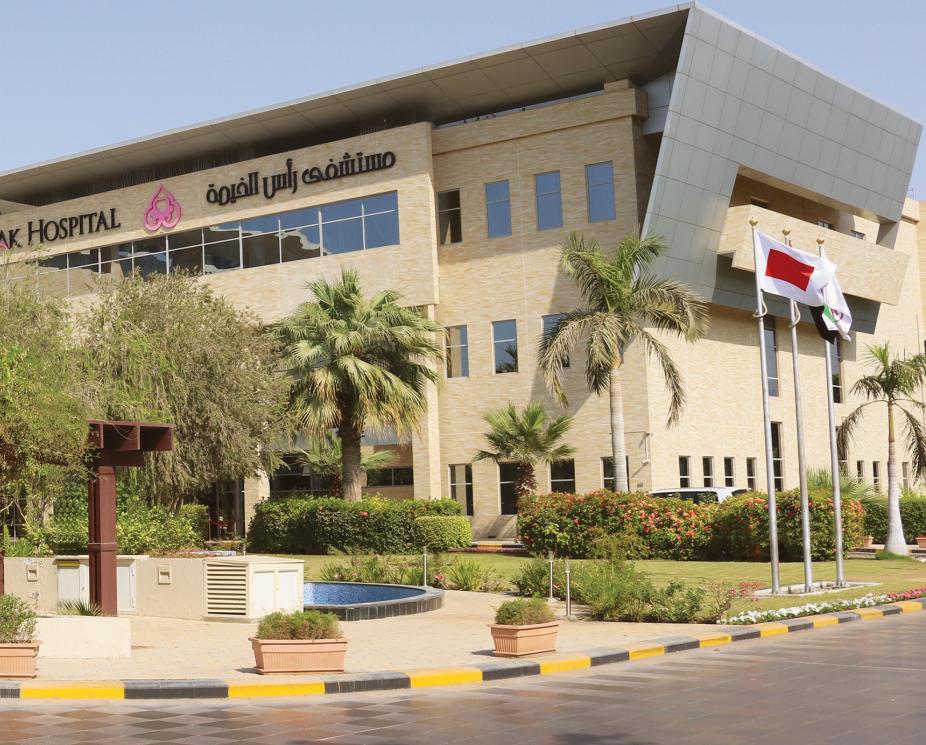
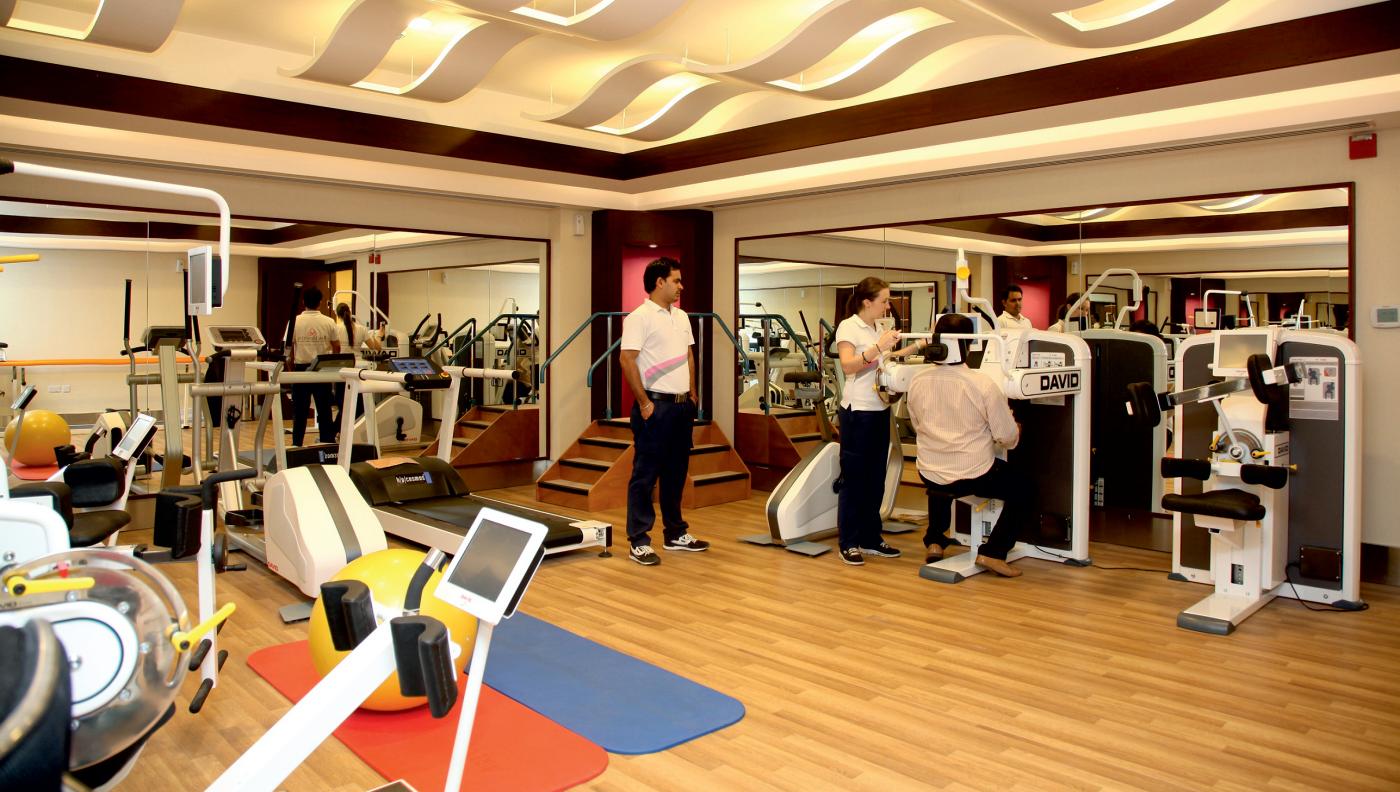

The Middle East is presented with enormous challenges in establishing and maintaining a healthy healthcare workforce able to address the region's burgeoning healthcare needs. Population expansion at a fast pace, increasing rates of chronic illnesses, and aggressive healthcare infrastructure investments have compounded the demandforskilledprofessionals.Yet,deficienciesintrained healthcare professionals, inefficient training systems, and talentretentionchallengesofferrecurringobstacles.
Addressingtheseissuesrequiresamultifacetedapproachthat strengthens education, improves working conditions, and alignsworkforcestrategieswithregionalneeds.
TheGrowingDemandforHealthcareProfessionals
Middle East is going through a demographic and epidemiologicaltransition.Populationsaregrowingbecauseofahigh birthrateandalongerlifeexpectancy,andnon-transmissible diseases,suchasdiabetesandcardiovasculardiseases,areon the rise. The example is that according to the World Health
Organization,theGulfCooperationCouncil(GCC)countries are the leading in the world in terms of diabetes rates. This healthcareburdencoupledwithgovernmenteffortstoexpand universal healthcare has increased the demand of doctors, nursesandalliedhealthprofessionals.
Oneofthemainbarrierstosolvingshortagesintheworkforce is the restricted capacity of medical training and education systems.Although nations such as Qatar and the UAE have put money into high-quality medical schools and collaborations with global institutions, production of qualified graduatesistoolowtocatertoneeds.InpoorMENAnations, suchasIraqorYemen,trainingfacilitiesarelocatedunderdeveloped, and curricula are aged, with a lack of access to cutting-edgetechnology.
One major problem is training program and regional healthcare needs mismatch. Most medical schools focus on theoretical aspects at the expense of practical, hands-on
training,andtheirgraduatesareill-equippedfortacklingrealworld problems such as dealing with chronic disease or working within resource-poor environments Moreover, specializedareaslikeoncology,geriatrics,andmentalhealth receive inadequate representation in curricula, given their increasingimportance.
Continuing professional development (CPD) is a weak spot too. Fast-changing medical technology and procedures need regular updating, but exposure to CPD opportunities is not equally distributed throughout the region Healthcare professionals in underserved or rural locations might have few chances to improve their competences, and therefore, there are variations in the quality of care. Governments and organizations need to give high priority to accessible, highqualityCPDsothatprofessionalscontinuetobecompetentin changinghealthcareenvironments.
Retaining trained healthcare professionals is as important as training them, but the Middle East is cursed with high turnover and brain drain Locally trained professionals migrate in large numbers, especially to Western nations, where salaries, working environment, and career advancementaresuperior.
Expatriatestaff,whocontrolthehealthcareworkerpopulation innationssuchasSaudiArabiaandtheUAE,alsoencounter retention issues. Competitive compensation draws internationalprofessionals,butlimitedcareeropportunities,lackof security, and issues adapting to a new culture may result in high turnover rates. Dependence on expatriates results in a floating workforce that weakens long-term stability of the healthcaresystem.
Poor working environments further enhance retention problems.MiddleEasternhealthcareprofessionalsfrequently encounter long working hours, heavy patient loads, and burnout, especially in state hospitals. In countries with conflict, such as Syria or Yemen, professionals also experiencesecuritythreatsandshortagesofmaterials,forcingmany to emigrate. Even in richer countries, dissatisfaction comes frombureaucraticinefficienciesandlackofautonomy
Inaddressingthesechallenges,theMiddleEasterncountries must engage in the general measures that reinforce training and retention. The first way in which governments should invest would be in the expansion of the medical education
infrastructureincludingtheuseofsimulation-basedtraining, aswellaspartnershipswithforeigninstitutionstomakesure thatthecurriculaarerelevanttotheregions.Skillgapscanbe addressed with scholarships and incentives to students interestedinhigh-demandspecialty
Second,buildingCPDprogramsisvital.Onlineresourcesand regionaltrainingfacilitiescanfacilitateprofessionaldevelopment,especiallyforruralclinicians.Theinclusionofcultural competency and language training in both initial and continuing education will enhance patient-provider communication.
Forretention,competitivepaypackagesareessentialbutnot enough in themselves. Workplaces should be improved by decreasing workloads, providing straightforward career development opportunities, and developing safe environments. Mentorship schemes and leadership roles can further satisfaction in the job, especially for expatriates and junior staff.
Gender-specific obstacles must also be addressed. Female healthcare staff can be encouraged to remain in place by policiessuchassubsidizedchildcareandanti-discrimination policies. Regional coordination among groups like theArab BoardofHealthSpecializationscanalsoharmonizequalifications and enable intra-regional workforce mobility, thus endingtheneedtogooutsidetheregionforstaffing.
Lastly, workforce can be optimised through technology Artificialintelligenceandtelemedicinecanhelpcuttheload of the medical workers by de-escalating diagnostics and administrative tasks. As an example, AI solutions are also tested in Saudi Arabia to help with radiology and patient triage,lettingspecialistsconcentrateoncomplexcases.
The healthcare sector of the Middle East has complex problems in the field of labor, yet these problems are not insoluble. With good investments in training regimes, education being contextualized to the local needs, and retention strategies, countries can develop a sustainable workforcethatwillbecapableofdeliveringhigh-qualitycare. DespitesomesignificantimprovementsintheUAEandSaudi Arabia,regionalinitiativeswillberequiredinabroadersense tosupporttheissueofequalaccesstoqualifiedpersonnel.An innovative, coordinated approach will play a pivotal role in transforming the health sector in the Middle East and providingtheneedsofdifferentpeopleintheregion.
-Natalie May
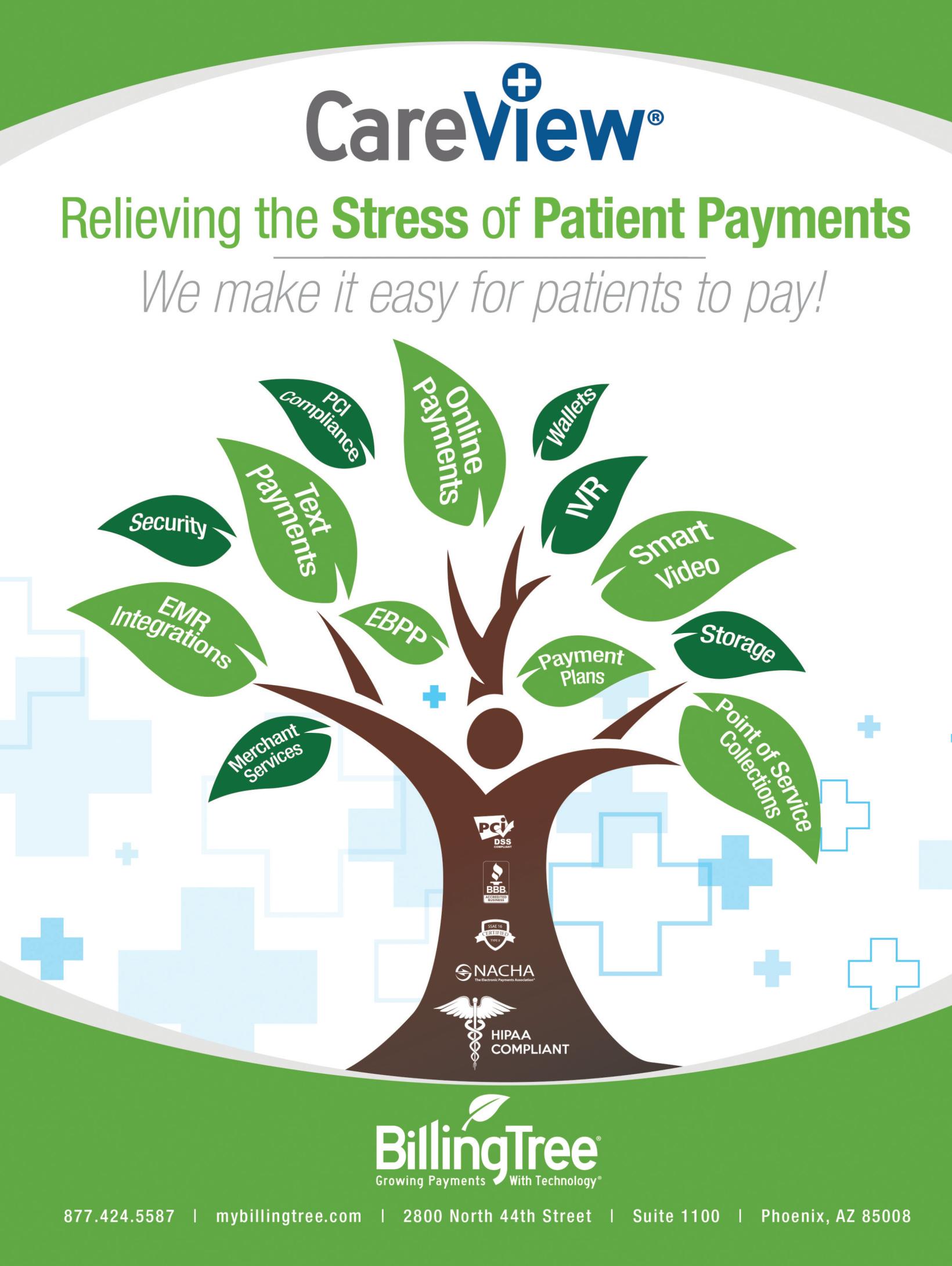



www.insightscaremagazine.com